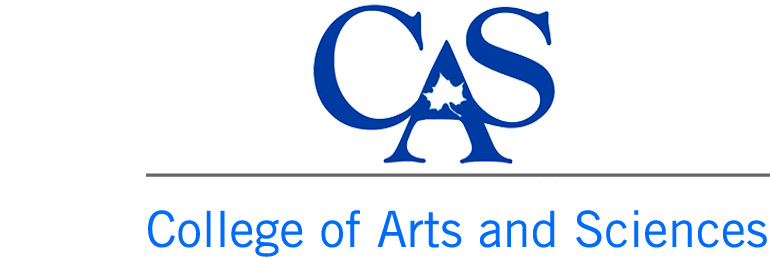You are here
This Handbook is intended to facilitate your progress toward the Political Science degree. It will answer many of the most- asked questions about the discipline and the Department, outline University and Departmental requirements and procedures, and offer some suggestions for job searches or graduate school application.
Much of this information is drawn from the Indiana State University Bulletin Undergraduate Catalog. If you do not have a copy of the Bulletin you should obtain one from the Admissions Office (GH 104). It contains official curriculum information and requirements in place at the time you entered the University. It is a good idea to hang on to the Bulletin that contains those requirements.
The Great Game of Politics:
Someone once characterized politics as a "great game." This is an apt analogy, for politics does indeed possess many of the attributes of a game. There are players, a contest, winners and losers, and rules. Politics seems at times as frivolous as a game, at other times very serious, with the stakes a matter of life and death. The player may bear the title of King, President, General or simply citizen or soldier. The venues of the sport are many, a village, a city, a nation, or among nations.
Politics is an ancient pastime. Mankind's oldest records speak of it. It seems we have always been fascinated by it. From the musings of Plato and Aristotle to modern-day pundits, politics has had it's chroniclers and analysts. The study of politics evolved into a recognized discipline in the late nineteenth and early twentieth centuries. Departments of Political Science began to appear on the academic landscape, and today you will find them in most universities.
The Study of Political Science:
The study of politics is essentially an eclectic discipline. To understand politics one must, of course, become familiar with the concepts, literature, methods, and insights of political science but much more. History adds a temporal perspective and a sense of cause and effect. Politics is very much a human activity involving individuals and groups and thus, psychology and sociology become relevant. The economy is often the focus of politics, making a knowledge of economics useful. If one is interested in policy, a student may even find the natural sciences necessary. Some use mathematics in their inquiry, others find political literature and film valuable, and many political scientists find themselves needing a foreign language.
The education of a political scientist is indeed a liberal arts education. It provides abroad range of knowledge and hones a variety of skills, that are tailored to the interests and needs of the individual student.
